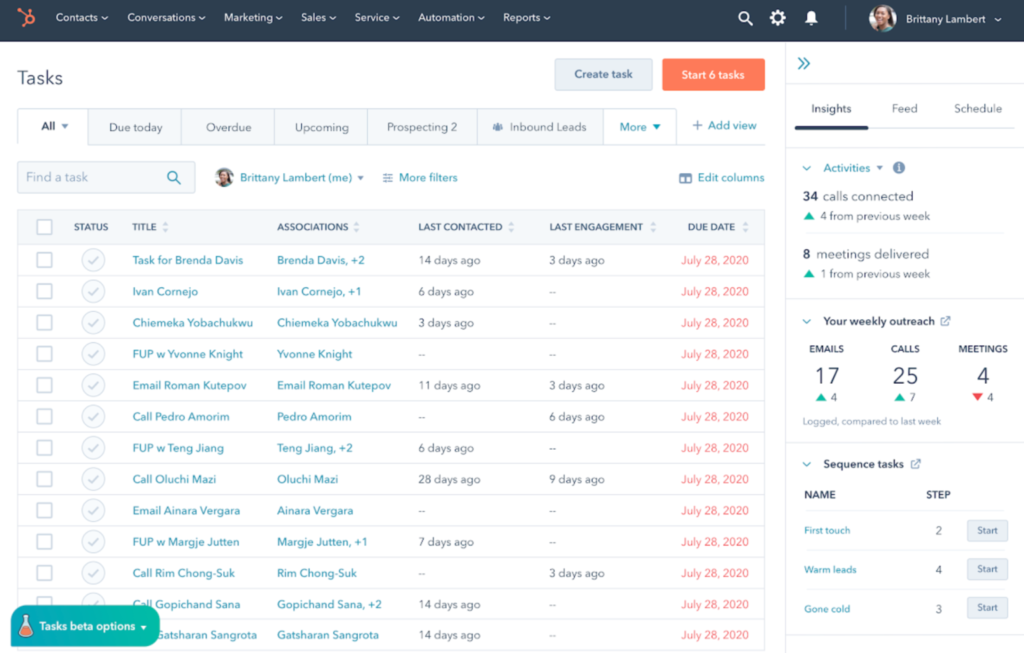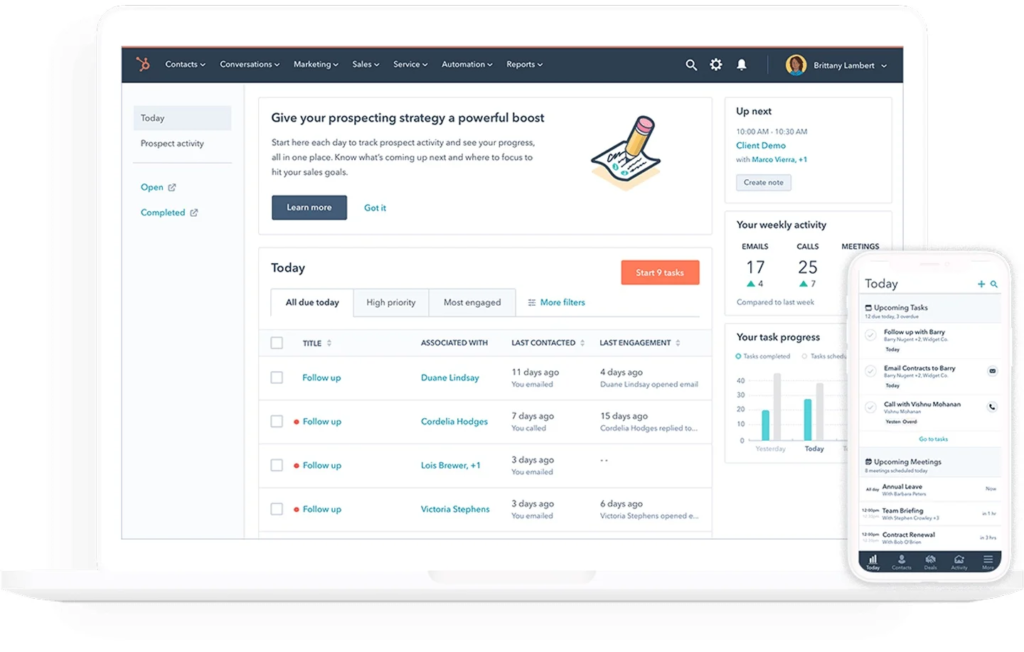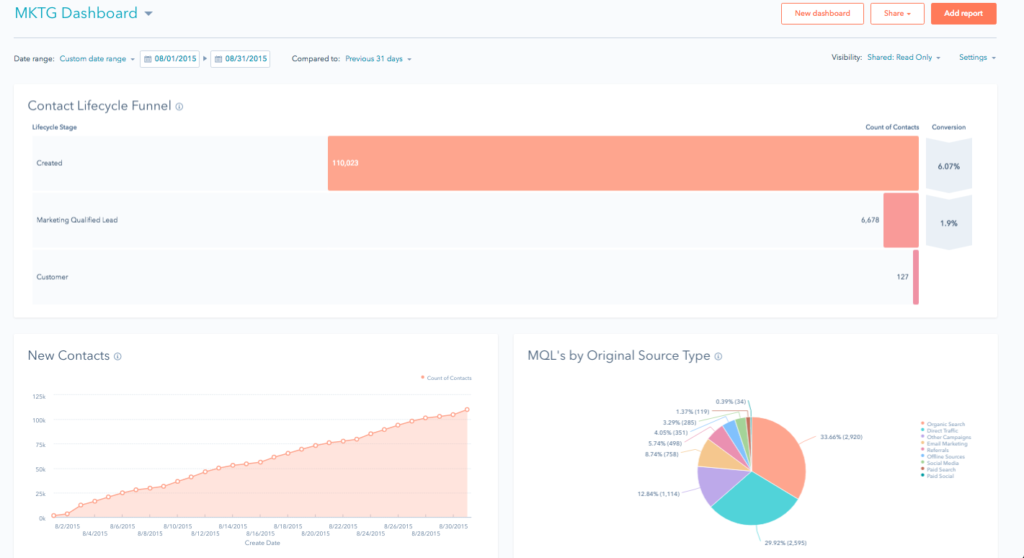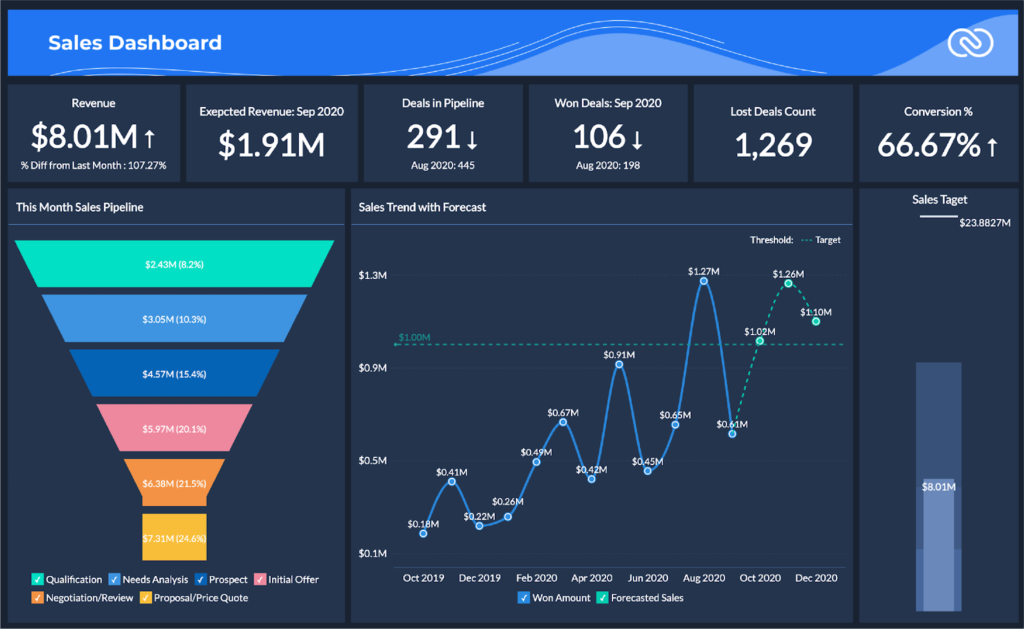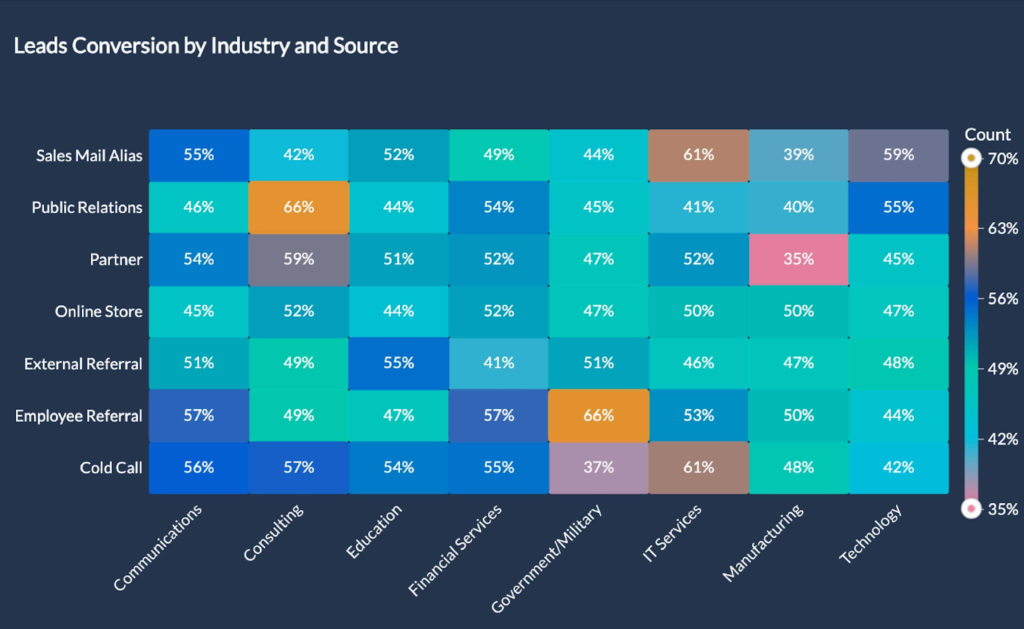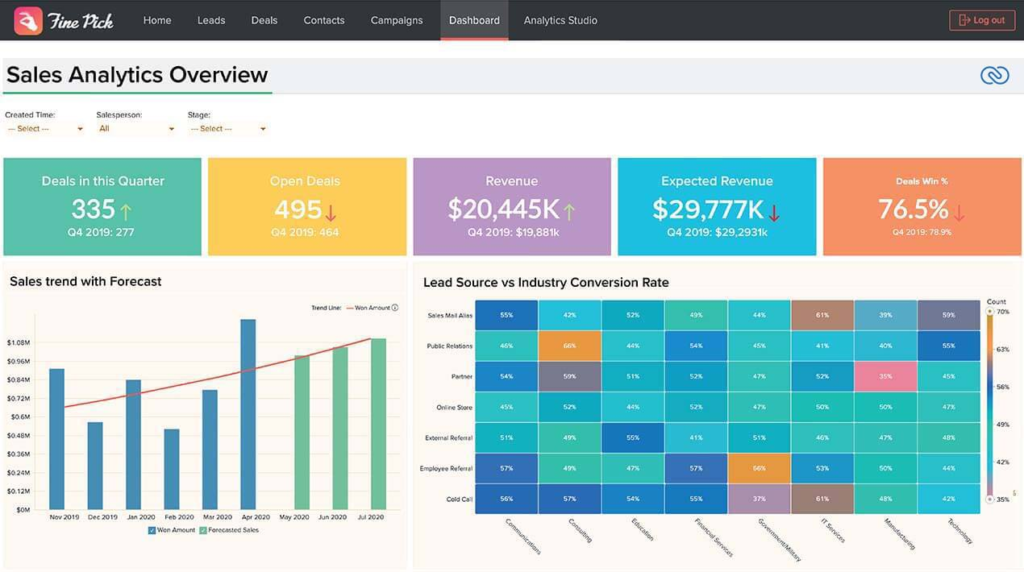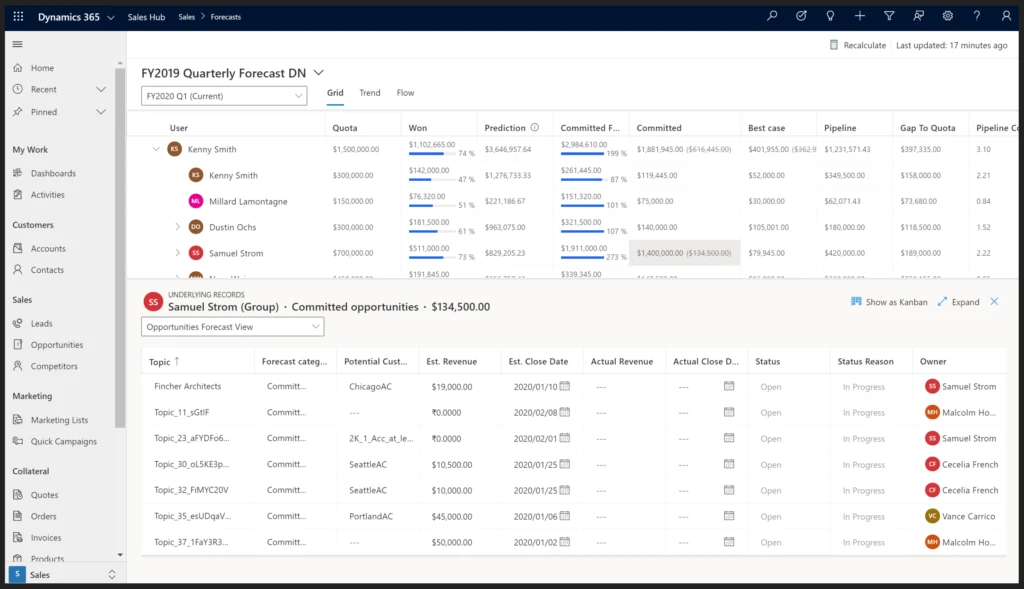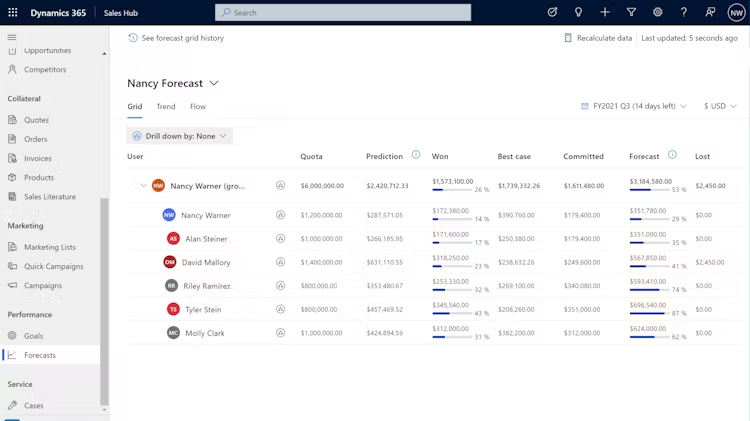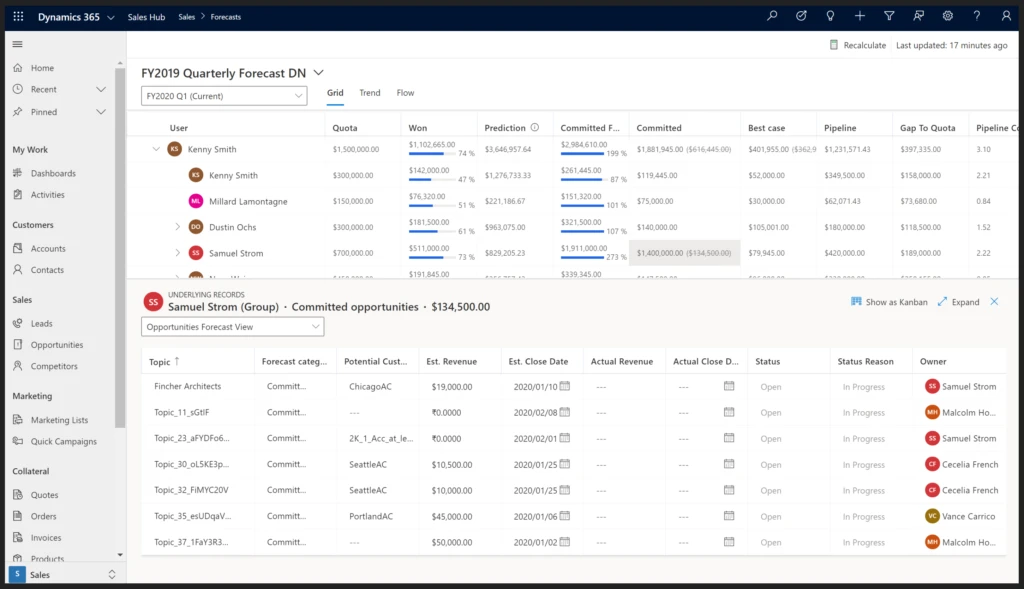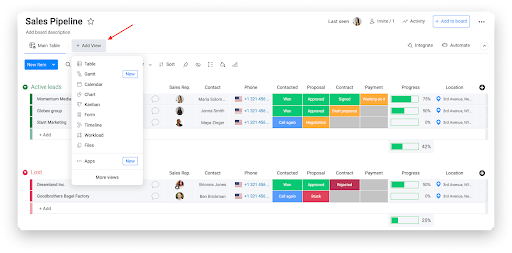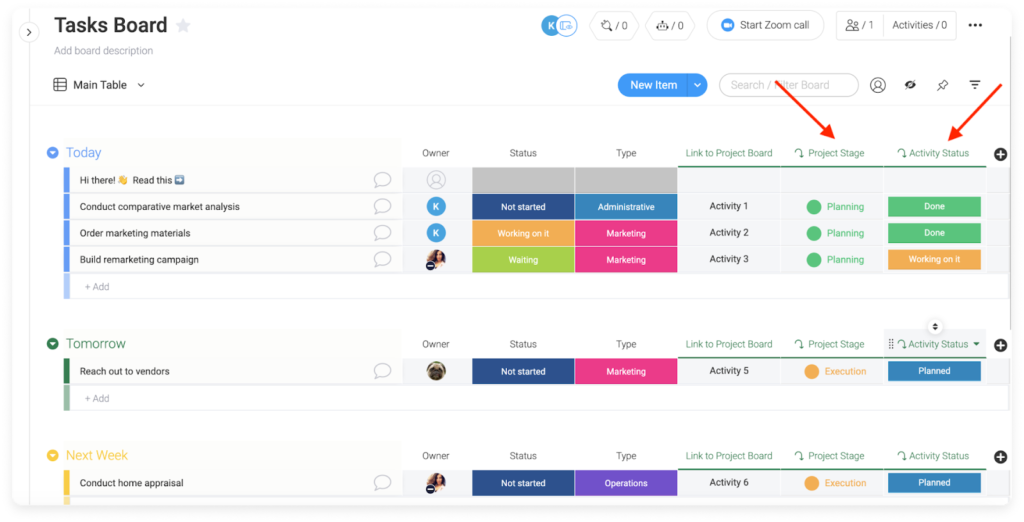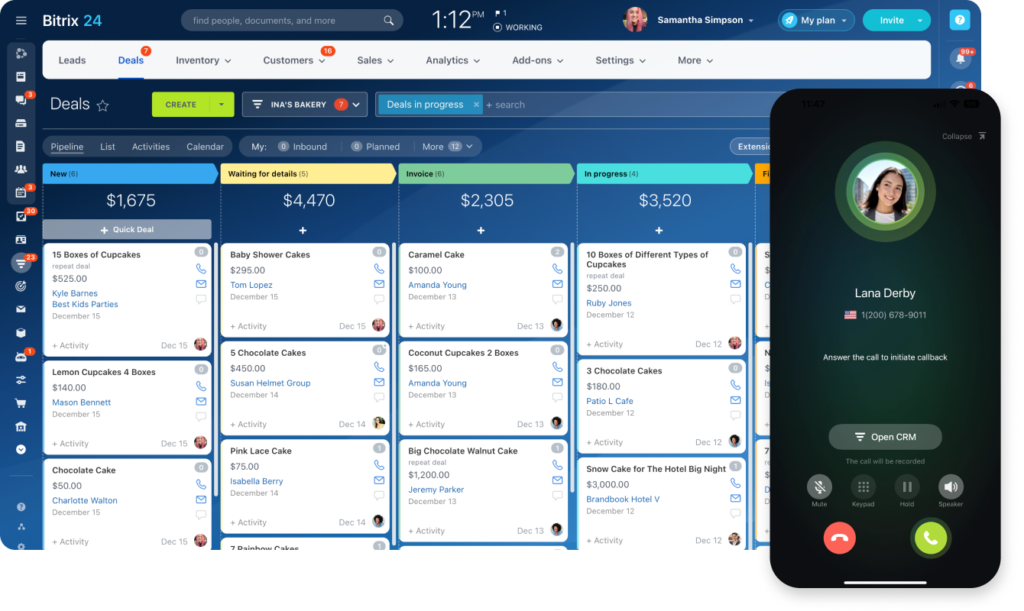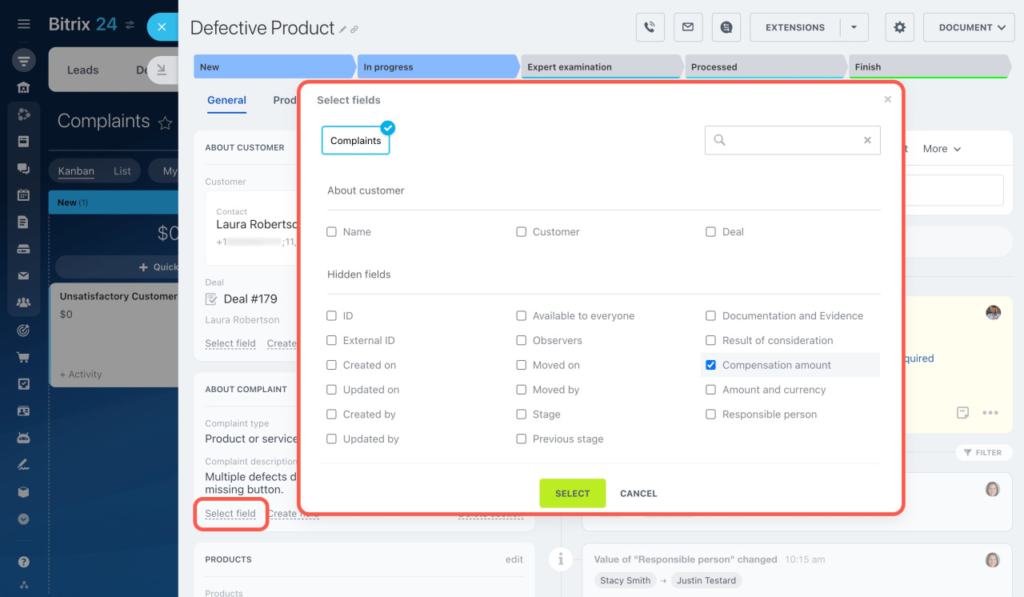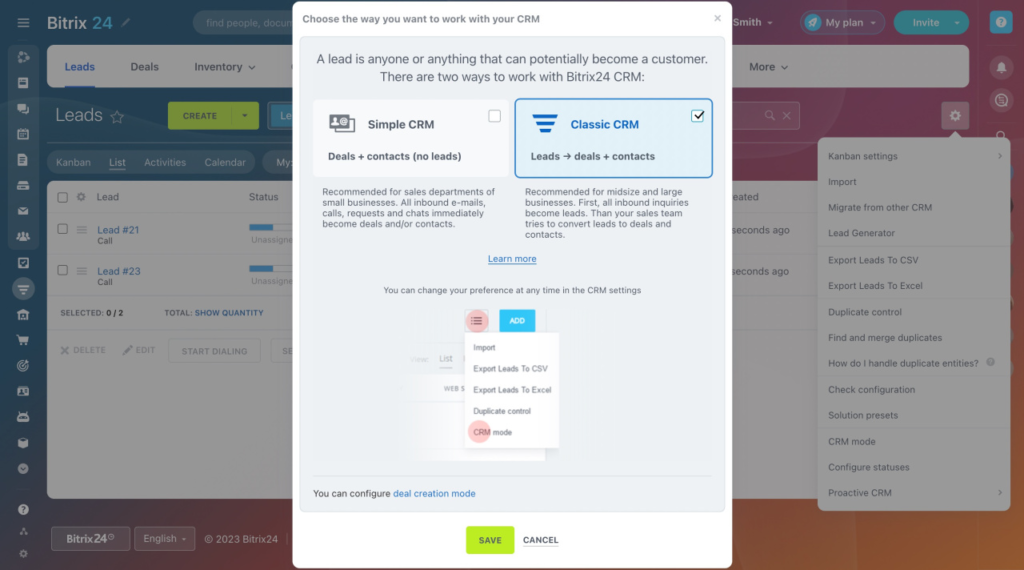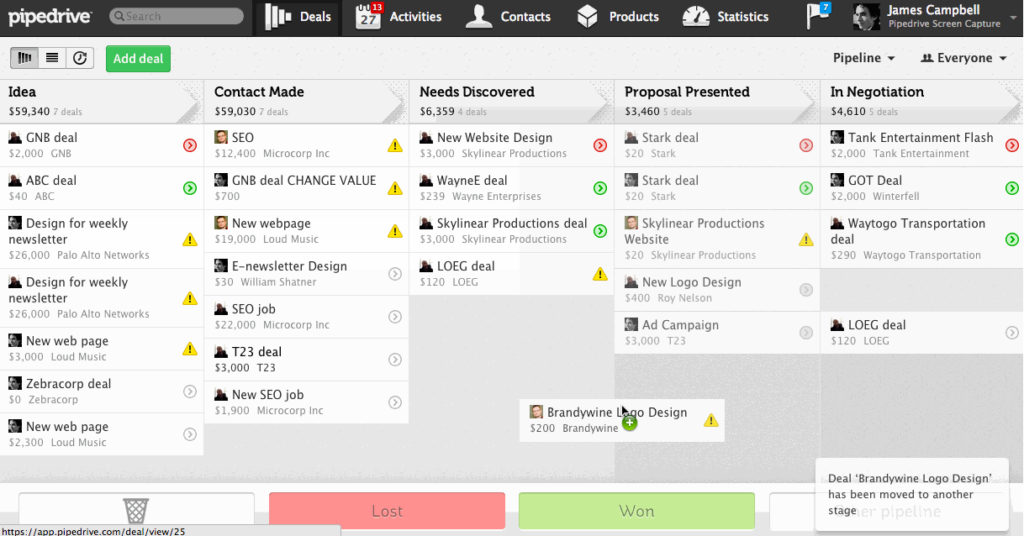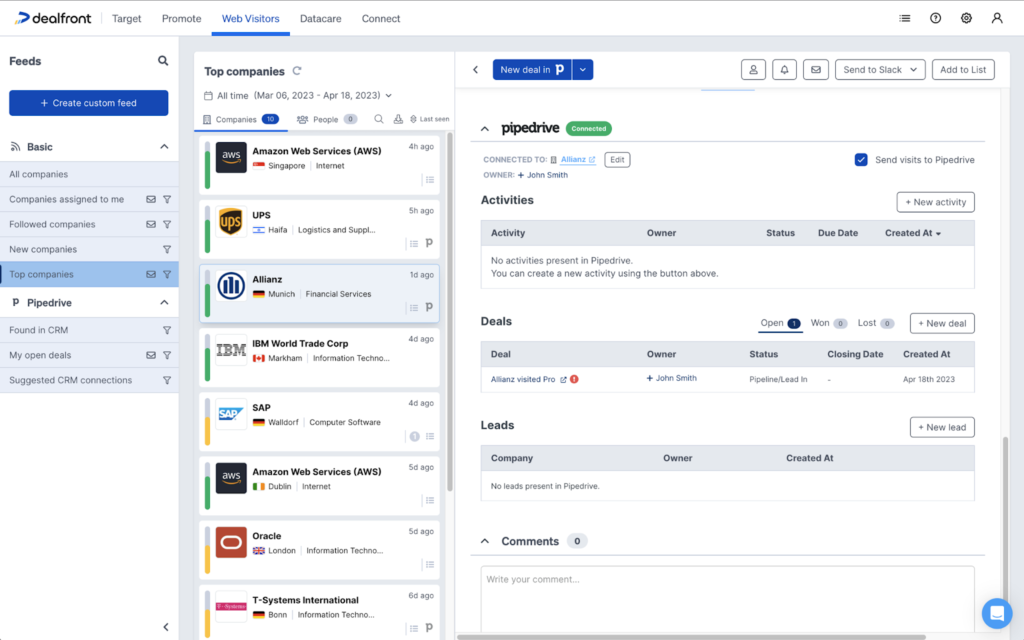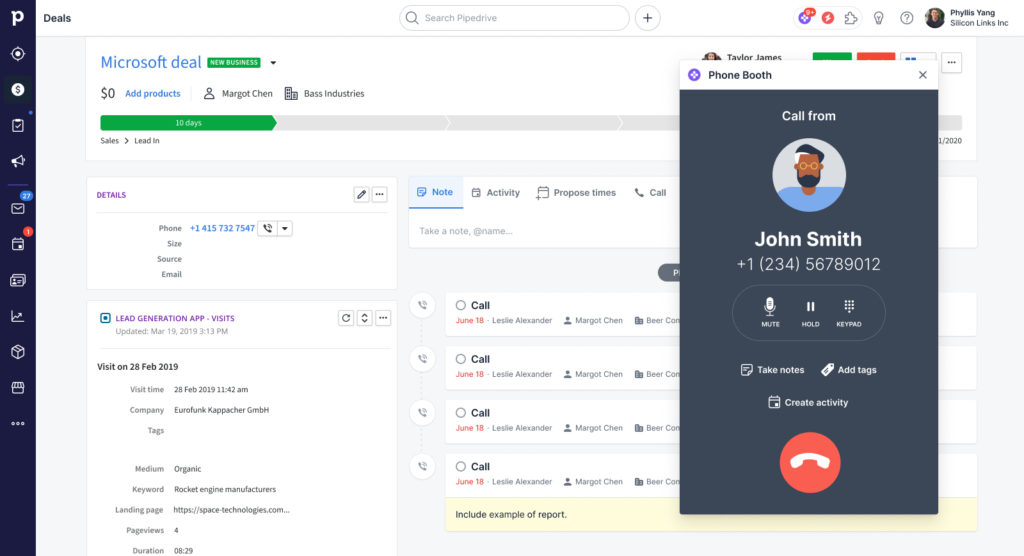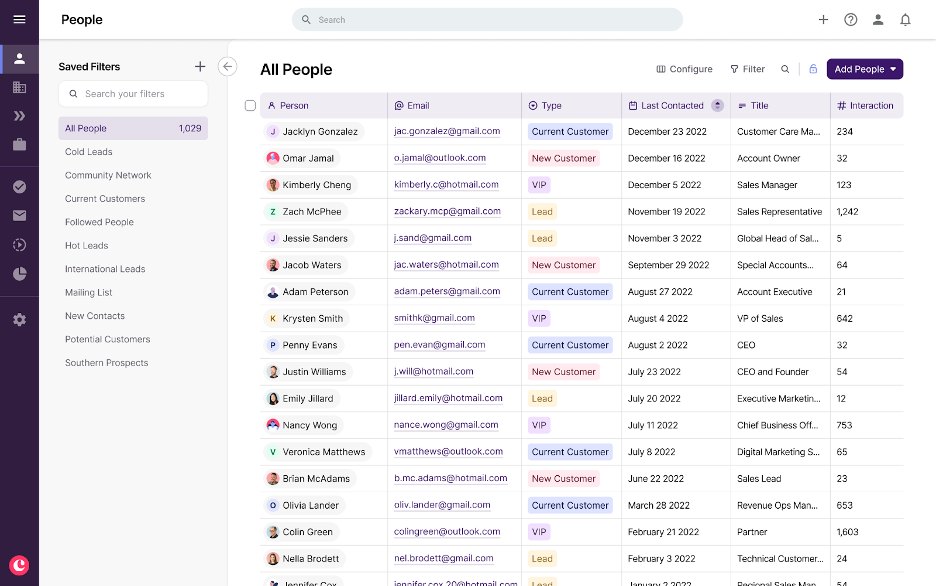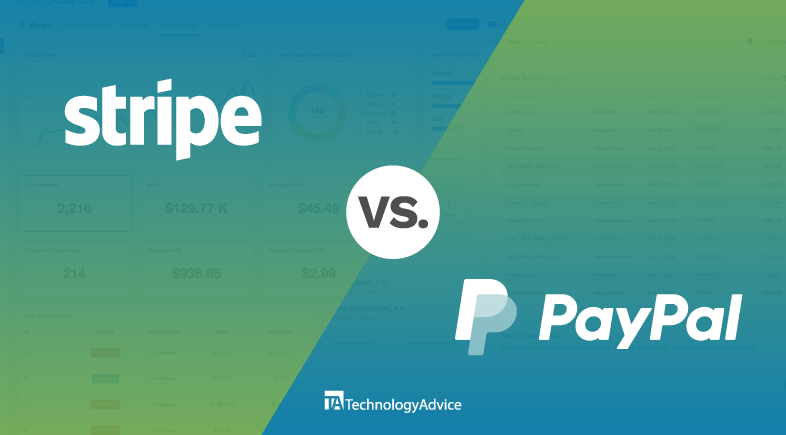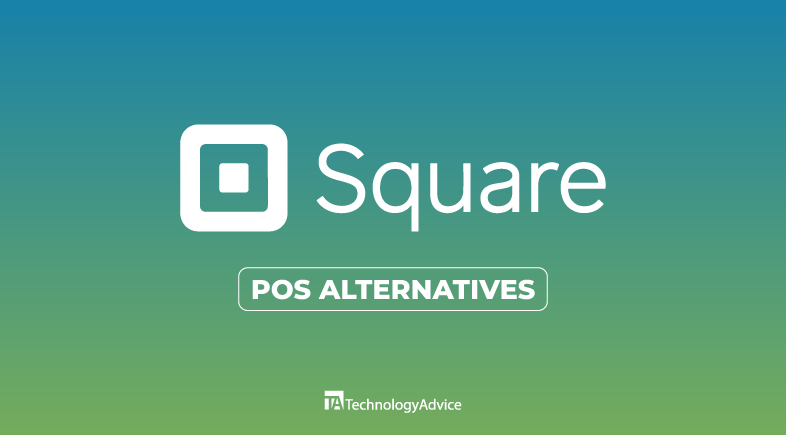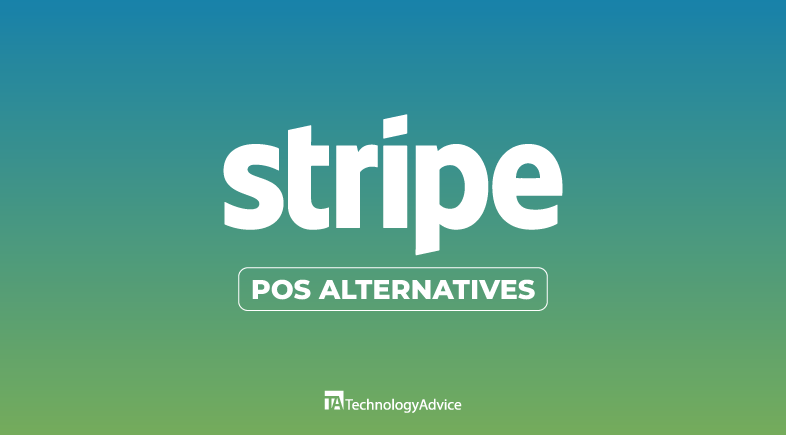Salesforce is one of the most dominant players in the customer relationship management (CRM) market. However, it’s not always the best fit for every business. Whether due to pricing, complexity, or the specific needs of your organization, many businesses find themselves looking for Salesforce alternatives. Fortunately, there are a number of competitive CRM solutions available in 2024, each offering its own unique advantages depending on your needs.
This guide will introduce you to top alternatives like Zoho CRM, HubSpot CRM, Pipedrive, Microsoft Dynamics 365, and more. Small businesses looking for budget-friendly options all the way up to larger enterprises needing advanced automation features can find the fit for their business in this guide. We’ll cover key features, pricing, and what sets each CRM apart, helping you make an informed decision for your business needs.
Based on our analysis of more than 22 of the top CRM options available, here is our list of the seven best Salesforce alternatives for 2024:
- HubSpot CRM: Best overall
- Zoho CRM: Best for decentralized teams
- Microsoft Dynamics 365: Best for Microsoft ecosystem users
- monday CRM: Best for project management features
- Bitrix24: Best comprehensive free plan
- Pipedrive: Best for pipeline management
- Copper CRM: Best for security
Also read: Salesforce 2024 Overview
Software
Score (Out of 5)
Best For
Key Features

HubSpot Sales Hub
4.49
Overall
AI-powered lead scoring, bi-directional data sync, comprehensive pipeline management, and automation.
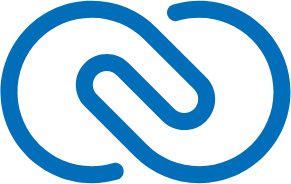
Zoho CRM
4.29
Decentralized teams
Zia AI assistant, customizable workflows, multi-channel support, advanced automation tools.
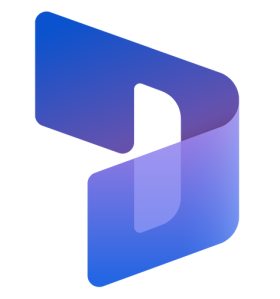
Microsoft Dynamics 365
4.26
MS ecosystem users
Seamless Microsoft 365 integration, Power BI analytics, advanced AI features, omnichannel support.

Monday CRM
4.22
Project management features
Gantt charts and timeline views, task automation, customizable dashboards, and collaborative workspaces.
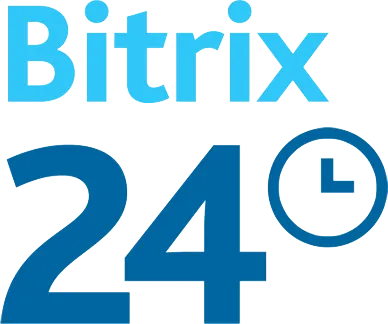
Bitrix24
4.09
Comprehensive free plan
Free for unlimited users, built-in project management, CRM with sales automation, and collaboration tools.
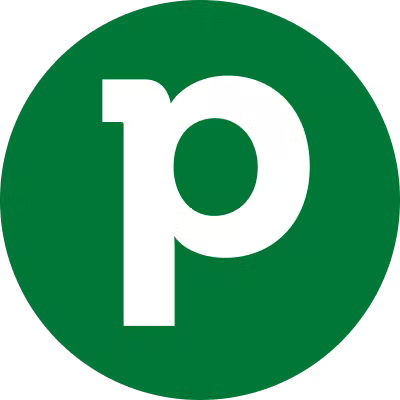
Pipedrive
4.04
Pipeline management
Visual pipeline management, deal rotting alerts, AI sales assistant, and integrated call tracking.
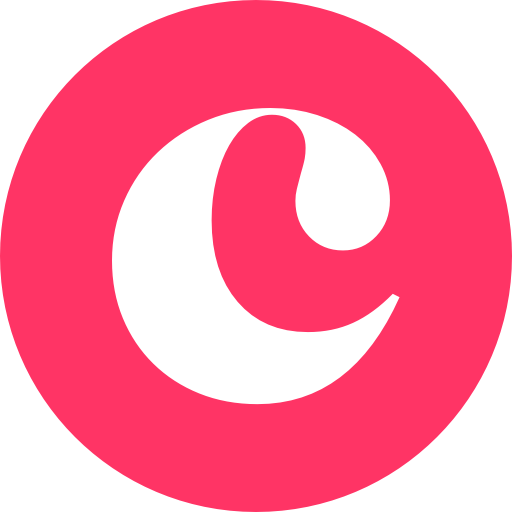
Copper CRM
3.9
Security
Google Workspace integration, automated data entry, and advanced security protocols with encryption.

Hubspot Sales Hub: Best overall Salesforce alternative
Overall Score
4.49/5
Pricing
3.96/5
General features & interface
4.43/5
Core features
4.46/5
Advanced features
4.64/5
Integration and compatibility
4.79/5
UX
4.75/5
User scores
4.4/5
Pros
- Easy to use and navigate
- Great for sales, marketing, and customer service in one platform
- Extensive third party integrations
- Powerful reporting and analytics compared to salesforce competitors
- Strong automation tools
Cons
- Automation features locked behind higher tier plans
- Costs add up with additional hubs
Why we chose HubSpot Sales Hub
HubSpot Sales Hub takes the crown as the best overall Salesforce alternative because it combines affordability, ease of use, and all the features you could possibly need.
It offers a user-friendly interface, comprehensive tools, and competitive pricing, making it an excellent choice for businesses of all sizes. HubSpot provides many powerful CRM features at lower price points and with easier implementation compared to Salesforce. For example, HubSpot’s free plan includes contact management, email tracking, and deal pipelines, making it highly accessible for small businesses. Salesforce, by contrast, offers a 30-day trial but no free plan, making HubSpot a more attractive option for budget-conscious teams.
One of HubSpot’s key advantages is its AI-powered tools. HubSpot’s AI capabilities include generating sales forecasts and automating lead scoring, which helps sales teams prioritize high-value prospects. While Salesforce’s Einstein AI is also powerful, it is only available in higher-tier plans, making HubSpot’s AI more accessible and affordable for smaller businesses. HubSpot also introduced predictive AI features across its paid tiers, helping users streamline workflows and enhance decision-making without the need for complex configuration.
In terms of pricing, HubSpot’s Starter Plan begins at $15 per user per month, offering core CRM features like email automation and pipeline management. The Professional Plan ($450/month) adds advanced reporting, sales forecasting, and automation, while the Enterprise Plan ($1,200/month) includes lead scoring, team goals, and custom analytics. These pricing tiers are much more transparent compared to Salesforce, where advanced features require costly add-ons or higher-tier subscriptions.
HubSpot’s ease of use is another major factor. With its intuitive drag-and-drop tools for building workflows and pipelines, teams can quickly set up and customize their CRM without needing technical expertise. Salesforce, on the other hand, is known for a longer onboarding process for new users. HubSpot also offers extensive support through its HubSpot Academy, providing free training resources and certifications, making it even more accessible.

Zoho CRM: Best for decentralized teams
Overall Score
4.29/5
Pricing
3.75/5
General features & interface
4.2/5
Core features
5/5
Advanced features
3.75/5
Integration and compatibility
5/5
UX
4/5
User scores
4.3/5
Pros
- Comprehensive feature set for different business needs
- Strong automation and workflow management tools
- Customizable fields, modules, and layouts
- Highly scalable
Cons
- Workflow automation is complex and may require training
- Limited features in the free plan
Why we chose Zoho CRM
Zoho CRM wins for decentralized teams by offering a more flexible, affordable, and easier-to-deploy platform than Salesforce, with powerful automation and customization tools that don’t require advanced technical skills.
For teams working across different regions or time zones, Zoho’s robust cloud-based tools make collaboration easy. The platform supports multi-language options and customizable modules, which allow different teams to access and organize data in ways that best suit their regional needs. Zoho’s Blueprint automation feature is particularly useful for ensuring that sales processes are standardized across various locations, allowing managers to create repeatable workflows that can be applied globally.
Zoho CRM also offers built-in tools like Zia, an AI-powered assistant that helps decentralized teams automate tasks and predict lead conversions, saving time on manual work. The Canvas feature, introduced in 2021, provides a drag-and-drop interface for custom layouts, enabling each team to tailor their CRM dashboard to fit their specific needs without any coding required. This flexibility makes Zoho CRM easier to implement across different teams compared to Salesforce, which requires more customization through developers or consultants to achieve similar functionality.
As a Salesforce alternative, Zoho’s user-friendly design and comprehensive set of out-of-the-box features make it easier to implement across decentralized teams without the need for heavy customization. While Salesforce offers deep customization and integrations, these come at a much higher cost. Zoho CRM’s seamless integration with other Zoho tools like Zoho Desk and Zoho Books further supports decentralized teams by offering an all-in-one ecosystem, reducing the need for third-party apps.
Also read: Top 5 Zoho Alternatives (2024)

Microsoft Dynamics 365 CRM: Best for MS ecosystem users
Overall Score
4.26/5
Pricing
3.13/5
General features & interface
4.43/5
Core features
4.82/5
Advanced features
4.82/5
Integration and compatibility
4.38/5
UX
4/5
User scores
4.3/5
Pros
- Seamless integration with the Microsoft ecosystem
- Highly customizable
- Advanced AI and predictive analytics
- Strong omnichannel communication tools
- Comprehensive sales, marketing, and customer service modules
- Rich reporting and analytics capabilities
Cons
- Complex setup and configuration
- Limited third party integrations outside the Microsoft ecosystem
Why we chose Microsoft Dynamics 365
If your business is already Microsoft-centric, Dynamics 365’s deep integration, advanced analytics, and modular pricing make it a more seamless and cost-effective CRM solution as a Salesforce alternative.
This makes it the go-to choice for teams that already rely on Microsoft products for collaboration and data management. While Salesforce offers top-tier CRM functionality, it often requires third-party integrations or additional costs to achieve similar synergy. In contrast, Dynamics 365 connects natively with Microsoft tools, allowing businesses to manage everything from email communications to advanced data analytics within a familiar environment.
Dynamics 365 gives you reporting and data visualization through Power BI, offering more sophisticated analytics capabilities than Salesforce’s native reporting tools. This is particularly beneficial for companies that need to extract deep insights from their data without relying on external software. Salesforce’s reporting is powerful, but Dynamics 365’s integration with Power BI provides more interactive and detailed visualizations, making it a stronger option for data-heavy industries.
With Microsoft Dynamics 365, businesses only pay for the features they need, making it more cost-effective in the long run compared to Salesforce, where essential add-ons like Einstein AI or advanced analytics often come at a higher tier.
Additionally, Dynamics 365 incorporates AI-driven insights that help teams manage sales forecasts, customer interactions, and workflows more efficiently. Although Salesforce’s Einstein AI offers similar capabilities, again, Dynamics 365’s AI tools integrate more smoothly with Microsoft’s larger ecosystem, giving it a significant edge for companies already using products like Azure and Outlook.
Also read: What is Social CRM? Products, Strategies, and Challenges

monday CRM: Best for project management features
Overall Score
4.22/5
Pricing
3.54/5
General features & interface
4.32/5
Core features
4.64/5
Advanced features
3.13/5
Integration and compatibility
4.79/5
UX
4.5/5
User scores
4.6/5
Pros
- Highly customizable workflows and templates
- Combines CRM and project management features
- Strong collaboration tools for teams
- Clean and modern interface
- Easy to use with minimal setup
Cons
- Lacks some traditional CRM features like contact scoring
- Limited reporting and analytics on lower plans
- No native email marketing tools
Why we chose monday CRM
monday CRM seamlessly integrates both CRM and project workflows into a single platform. This dual capability allows you to manage your sales pipelines and project timelines in one place, ensuring that all team members are aligned on both sales goals and project deadlines.
Its Gantt charts and timeline views provide clear visibility into project progress and task dependencies. This level of visual project management is particularly helpful for teams managing multiple sales pipelines or client projects simultaneously. You can track project milestones, manage sales activities, and collaborate with different departments using customizable dashboards and Kanban boards, all of which make monday a dynamic choice for teams that need both sales tracking and project management tools in one space.
Monday CRM offers more flexibility compared to Salesforce as far as its pricing, too. The Basic Plan starts at $12 per seat/month and includes unlimited pipelines, contacts, and boards, while the Pro Plan ($28 per seat/month) offers advanced features like sales forecasting, email templates, and 25,000 monthly automations. Salesforce, on the other hand, requires higher-tier plans—starting at $75 per user/month—for similar project management and automation features, making Monday the more affordable option for businesses looking for a CRM that can handle project workflows.
The platform also allows users to build custom workflows with simple if/then statements. Whether you need to trigger tasks based on sales pipeline changes or sync project deadlines with Google Calendar, monday’s intuitive automation recipes streamline repetitive tasks. This ease of use makes it much more accessible than Salesforce, which requires a higher level of technical knowledge to set up such automations.

Bitrix24: Best comprehensive free plan
Overall Score
4.09/5
Pricing
4.58/5
General features & interface
4.32/5
Core features
4.64/5
Advanced features
2.86/5
Integration and compatibility
4.38/5
UX
3.75/5
User scores
4.1/5
Pros
- Strong free plan
- Full suite of collaboration tools
- Great for remote and distributed teams
- Built-in telephony and live chat
- Highly scalable
- Customizable CRM modules and workflows
Cons
- Some features hidden in complex menus
- Reporting is less comprehensive than competitors
- Mobile app lacks some desktop features
Why we chose Bitrix24
Bitrix24, as a Salesforce alternative, outshines in terms of its comprehensive free plan by providing plenty of tools for managing customer relationships, sales, and team collaboration—all without the immediate need to upgrade. For businesses looking for an affordable, all-in-one platform, Bitrix24 offers the most value in terms of features, scalability, and cost-efficiency.
Bitrix24’s free plan supports an unlimited number of users, which is a significant advantage over Salesforce, where even entry-level plans are priced per user. This makes Bitrix24 particularly suited for growing teams that need a scalable solution without being constrained by rising costs as more users are added. The free plan also includes essential CRM features such as contact management, task automation, project management, and sales pipelines, providing a full suite of tools to manage customer relationships efficiently.
The free plan includes collaboration tools like team chat, document sharing, and video conferencing, which are typically add-ons in Salesforce (or other CRM platforms).
Additionally, Bitrix24 integrates easily with third-party tools through its API, extending its functionality even further without the need for costly upgrades. Salesforce, on the other hand, requires paid tiers to access these types of integrations and advanced collaboration features.
When compared to Salesforce’s Sales Cloud, where even the most basic features require a paid plan, Bitrix24’s free tier includes much more out of the box. Salesforce’s entry-level options start at $25 per user per month, and customization often requires additional investments. In contrast, Bitrix24 offers substantial customization options such as custom fields, workflows, and sales pipelines, even within the free plan, making it far more flexible for small teams needing to personalize their CRM without the high costs.
Bitrix24’s paid tiers—such as the Basic and Standard plans—expand on the free offering by adding features like advanced reporting and automation tools. However, the free plan already covers many critical CRM functions, allowing businesses to delay upgrading until their operations necessitate it.

Pipedrive CRM: Best for pipeline management and optimization
Overall Score
4.04/5
Pricing
2.71/5
General features & interface
4.32/5
Core features
4.11/5
Advanced features
3.39/5
Integration and compatibility
4.79/5
UX
4.5/5
User scores
4.43/5
Pros
- Excellent visual pipeline for sales tracking
- Highly customizable
- Strong sales automation features
- Detailed performance reporting and forecasting
- Fast setup
Cons
- Limited features beyond sales management
- Lacks advanced marketing automation tools
- Email marketing features are basic compared to competitors
Why we chose Pipedrive
Pipedrive delivers everything you need to optimize your sales pipeline, from visual deal tracking to smart automations and AI-powered insights, all at a lower price point and with far less complexity than Salesforce.
Pipedrive’s focus is on making pipeline management intuitive and straightforward, so you can track deals, move leads through the sales funnel, and forecast revenue with ease makes it a solid choice among Salesforce alternatives. Salesforce can feel overwhelming with its customization and configuration options, but Pipedrive provides a simple drag-and-drop interface that allows you to manage your sales pipeline visually.
You can easily create sales stages that reflect your process or use pre-built templates to get started quickly. The platform also helps automate repetitive tasks like follow-up reminders and email notifications, reducing the administrative burden on your team.
While Salesforce offers similar capabilities, they are often buried under layers of features and require more setup. With Pipedrive, you get a highly functional, intuitive CRM that requires minimal setup, letting you hit the ground running.
Pipedrive also wins on pricing. It starts at $21.90 per user per month, offering pipeline management and lead tracking tools at a fraction of Salesforce’s cost. As you move up to the Advanced and Professional plans, you unlock features like sales forecasting, custom reporting, and email tracking—all aimed at helping you optimize your sales pipeline and close more deals. In contrast, Salesforce’s similar features are locked behind more expensive plans, which can become costly for small to mid-sized teams. However, keep in mind that Pipedrive does not offer some of the advanced functionality Salesforce provides.
What makes Pipedrive particularly useful for pipeline optimization is its AI-driven insights, which provide predictive analytics to help you focus on high-priority deals and identify bottlenecks in your sales process.
While Salesforce’s Einstein AI offers more comprehensive data-driven insights, Pipedrive’s AI is laser-focused on helping you manage your pipeline efficiently without the learning curve Salesforce requires.

Copper CRM: Best for security
Overall Score
3.9/5
Pricing
3.3/5
General features & interface
4/5
Core features
4.6/5
Advanced features
3.5/5
Integration and compatibility
4.2/5
UX
4.3/5
User scores
4.6/5
Pros
- Easy-to-use, intuitive interface compared to Salesforce competitors
- Automated contact enrichment from Google
- Strong email tracking and lead management features
- Flexible pipeline management
- Quick to set up and requires minimal training
- Customizable reports and dashboards
Cons
- Limited third-party integrations outside of Google Workspace
- Higher pricing compared to other CRMs with more features
- Reporting and analytics are basic compared to competitors
Why we chose Copper CRM
In comparison to Salesforce, Copper’s pricing structure is simpler and more cost-effective. Salesforce often requires complex configurations and additional investments to achieve comparable levels of security, particularly for businesses requiring advanced encryption or extensive access controls.
Copper, on the other hand, provides these essential protections by default, making it an accessible and secure CRM solution for businesses of all sizes, especially for those already embedded in the Google Workspace ecosystem.
Built on Google Cloud’s infrastructure, Copper benefits from world-class end-to-end encryption and automatic data backups, ensuring that your sensitive information is well protected. Regular third-party security audits further bolster Copper’s standing, guaranteeing compliance with the latest industry standards. Copper integrates security protections into every aspect of its platform without needing additional IT resources, unlike Salesforce, which often requires more complex setups and additional fees to access similar levels of protection.
Copper CRM’s security features are available at all pricing tiers. Even with the entry-level Basic Plan, users gain access to Google’s robust security framework, making it an excellent option for small businesses that need effective protection without the added complexities.
As you upgrade to higher tiers like the Professional Plan, you gain advanced automation and integration features while maintaining the same strong security architecture. The Business Plan offers enterprise-level capabilities, including extensive integrations with tools like LinkedIn, all while continuing to prioritize data security and resilience.
Finding the right Salesforce alternative for your business
While Salesforce remains a top choice in the CRM market, it’s not the perfect fit for every business. Salesforce alternatives like HubSpot, Zoho CRM, and Pipedrive offer unique strengths, from user-friendly interfaces to affordable pricing models. For example, HubSpot is excellent for companies focused on inbound marketing, while Zoho CRM caters well to decentralized teams with its comprehensive suite of tools. If you’re looking for a free yet powerful solution, Bitrix24 stands out with its feature-rich free plan, making it ideal for smaller teams or startups.
For businesses deeply invested in the Microsoft ecosystem, Microsoft Dynamics 365 provides seamless integration with Office tools, while monday CRM offers exceptional project management capabilities alongside its CRM functions. The key to selecting the best alternative lies in evaluating your business needs, budget, and long-term goals. Whether you’re prioritizing cost, collaboration features, or advanced automation, there’s a Salesforce alternative that can help streamline your business operations effectively in 2024.



